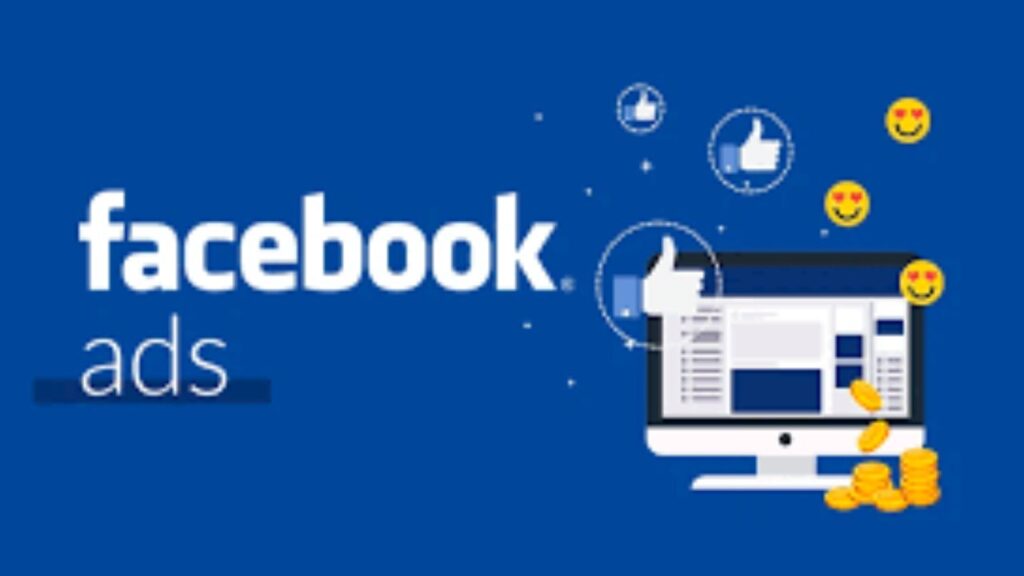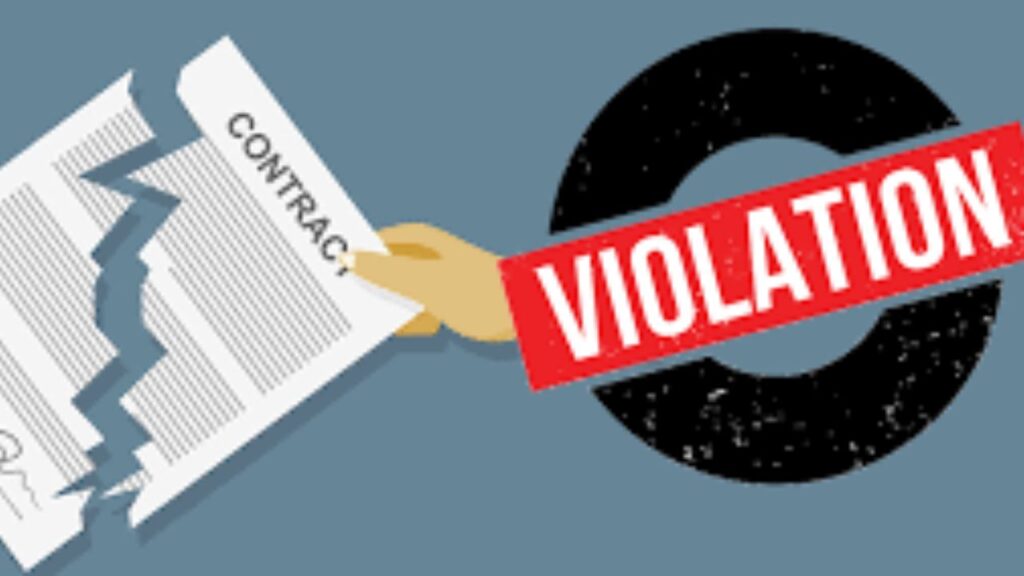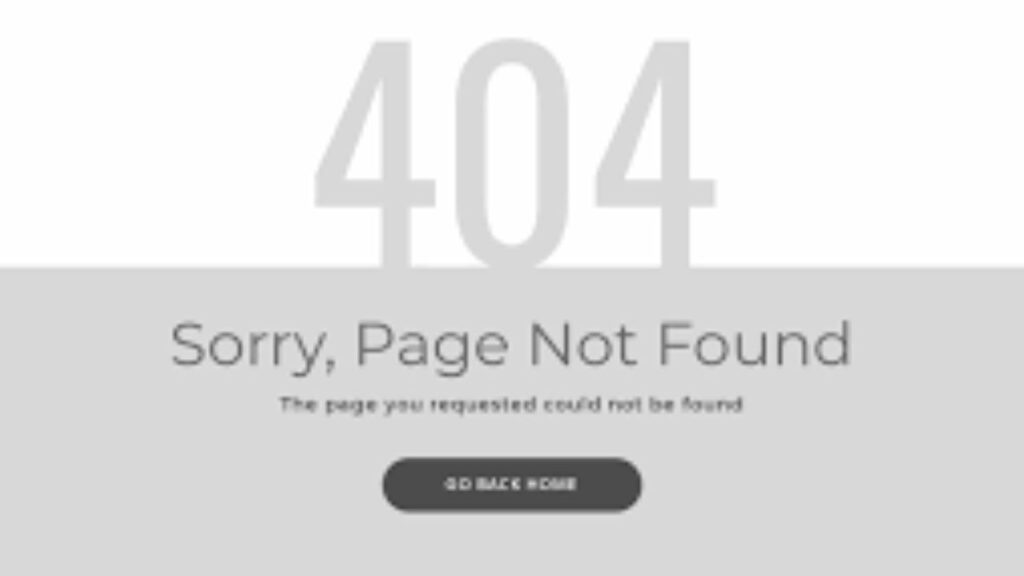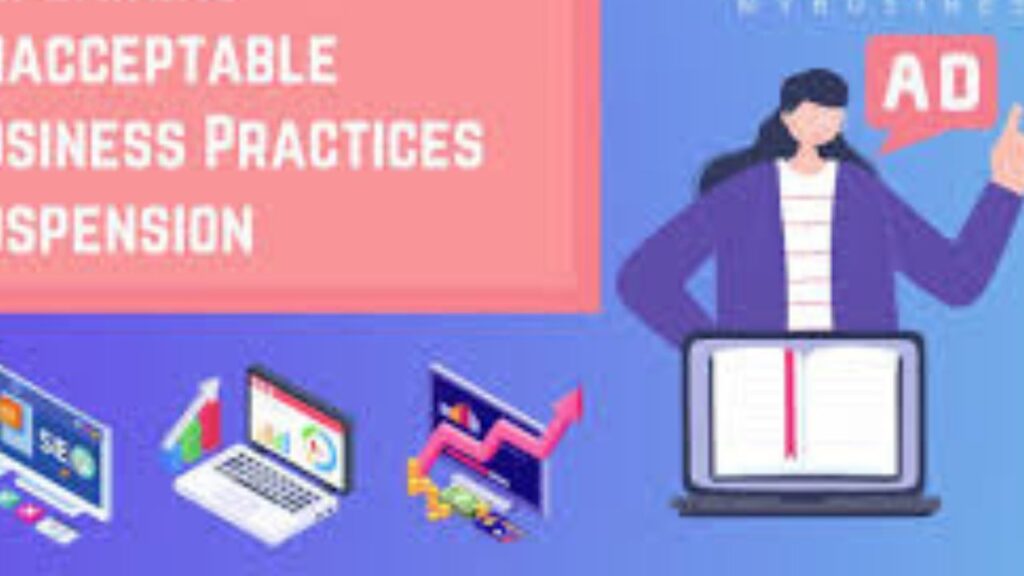Table of Contents
ToggleTop 9 Reasons Why Facebook Ads Get Rejected
Top 9 reasons why Facebook ads get rejected. Facebook is becoming very complicated and its algorithm is also very complicated, due to which ads often get rejected on Facebook. Today in this blog we will know about those 9 reasons due to which ads get rejected on Facebook, stay with us till the end. First of all, let us know what are Facebook Ads?
What Is Facebook Ads?
A Facebook Ads paragraph refers to a short piece of text used in Facebook advertising to convey the message of the ad to the target audience. This text is crucial as it helps attract attention, communicate the value proposition, and encourage users to take a desired action, such as clicking a link, making a purchase, or signing up for a newsletter.
We want to reach our targeting audience or customers and to reach them we take the help of Facebook ads, that is we run ads related to our products or services on Facebook and Instagram so that people contact us after seeing those ads and if they like our products then they also purchase from us. To sell our products we put ads on Facebook.

Top 9 Reasons Why Facebook Ads Get Rejected
There are many reasons for Facebook ads getting rejected which are explained in detail below. Stay with us till the end.
Read Also -: How to Download Leads From Facebook Ads in 2024
1. Violation of Community Standards
Facebook’s Community Standards are designed to maintain a safe and respectful environment for users. Ads that violate these standards will be rejected.
Ads that violate these standards will be rejected. Violations include:
Violence and Incitement: Ads promoting or inciting violence, threats, or harm against individuals or groups.
Dangerous Organizations and Individuals: Ads promoting terrorist organizations, hate groups, or other dangerous entities.
Hate Speech: Ads attacking or discriminating against individuals or groups based on race, ethnicity, national origin, religion, sexual orientation, sex, gender identity, or disabilities.
Harassment and Bullying: Ads aimed at harassing or bullying individuals.
Adult Nudity and Sexual Activity: Ads containing explicit content, nudity, or sexual activity.
Sexual Exploitation of Adults: Ads promoting sexual services or exploiting adults.
Child Exploitation and Abuse: Ads depicting or promoting child exploitation or abuse.
Human Exploitation: Ads involving human trafficking, forced labor, or exploitation.

2. Ad Policies Non-Compliance
Ads on Facebook must comply with a comprehensive set of advertising policies designed to ensure a positive experience for users. Non-compliance with these policies will result in ad rejection. Some key areas of non-compliance include:
Misleading or False Content: Ads that contain false claims, exaggerated promises, or misleading information.
Prohibited Products and Services: Ads that promote illegal products or services, such as counterfeit goods, illegal drugs, or unauthorized health products.
Discriminatory Practices: Ads that discriminate against individuals based on personal attributes like race, ethnicity, gender, or sexual orientation.
Inappropriate Content: Ads that feature shocking, sensational, or overly graphic content that may be disturbing to users.
Spam and Deceptive Practices: Ads that engage in spamming behaviors, such as using clickbait or deceptive redirects to drive traffic.
Privacy Violations: Ads that improperly use personal data or violate user privacy.
Unacceptable Business Practices: Ads from businesses that engage in fraudulent, misleading, or otherwise unethical practices.
Restricted Content: Ads for products or services that require special permissions or restrictions, such as alcohol, gambling, or adult products, must comply with additional guidelines.

3. Prohibited Content
Facebook has strict guidelines regarding prohibited content in ads to ensure user safety and compliance with legal standards. Ads that include any of the following types of prohibited content will be rejected:
Illegal Products or Services: Ads promoting illegal activities, products, or services, such as counterfeit goods, illegal drugs, or human trafficking.
Discriminatory Practices: Ads that discriminate against people based on personal characteristics, including race, ethnicity, color, national origin, religion, age, sex, sexual orientation, gender identity, family status, disability, or medical or genetic condition.
Tobacco and Related Products: Ads promoting the sale or use of tobacco products and related paraphernalia.
Drugs and Drug-Related Products: Ads promoting the sale or use of illegal, prescription, or recreational drugs, including drug paraphernalia.
Unsafe Supplements: Ads promoting the sale of supplements that Facebook considers unsafe, as determined by regulatory bodies.
Weapons, Ammunition, and Explosives: Ads promoting the sale or use of weapons, ammunition, or explosives.
Adult Products and Services: Ads promoting adult products or services, including sexual enhancement products, pornography, and escort services.
Multilevel Marketing: Ads promoting multilevel marketing programs that offer quick financial returns.

4. Ad Creative Issues
Facebook ads must meet certain creative standards to provide a positive user experience and ensure clarity and honesty in advertising. Ads that fail to meet these standards will be rejected. Key creative issues include:
Excessive Text in Images: Ads with images that contain too much text may be rejected or have reduced delivery. Facebook prefers minimal text in ad images.
Low-Quality Images or Videos: Ads using blurry, pixelated, or poorly composed images or videos can be rejected. High-quality visuals are essential.
Misleading Content: Ads that use sensationalized or misleading visuals or text to attract attention can be rejected. The ad content must accurately represent the promoted product or service.
Shocking or Sensational Content: Ads with content that is overly shocking, sensational, or violent to elicit a strong reaction from viewers are not allowed.
Inconsistent Messaging: The ad content must match the landing page content. Ads that lead to landing pages with content unrelated to the ad or that provide a poor user experience will be rejected.
Unclear Calls to Action: Ads should have clear and direct calls to action. Ambiguous or misleading CTAs can cause ad rejection.
Nonfunctional Landing Pages: Ads leading to broken or nonfunctional landing pages will be rejected. The landing page must work properly and provide the expected content.
Content Relevance: Ads must be relevant to the audience being targeted. Irrelevant or inappropriate content can lead to rejection.

5. Landing Page Issues
Facebook ads must lead to landing pages that provide a positive and seamless user experience. Ads will be rejected if their landing pages have issues such as:
Nonfunctional Pages: Ads leading to broken, nonfunctional, or under-construction pages will be rejected. The landing page must be fully operational and accessible.
Inconsistent Content: The landing page content must match the ad content. If the landing page offers something different or misleading compared to the ad, it will be rejected.
Poor User Experience: Landing pages must provide a good user experience, including fast load times, easy navigation, and mobile-friendliness. Pages with excessive pop-ups, difficult navigation, or intrusive ads may lead to ad rejection.
Malware or Harmful Content: Landing pages must not contain malware, spyware, or any harmful content that could compromise user security.
Prohibited Content: Landing pages must comply with Facebook’s ad policies and community standards. Pages promoting prohibited products or services, such as illegal drugs, weapons, or adult content, will lead to ad rejection.
Misleading Practices: Landing pages that engage in deceptive practices, such as bait-and-switch tactics, false claims, or hidden subscription models, are not allowed.
Privacy Violations: Landing pages must respect user privacy and comply with data protection regulations. Pages that collect personal information without proper disclosures or consent will be rejected.

6. Targeting Restrictions
Facebook imposes specific targeting restrictions to ensure ads are ethical, respectful, and comply with legal standards. Advertisers must adhere to these restrictions to avoid ad rejection. Key targeting restrictions include:
Sensitive Categories: Ads targeting sensitive personal attributes such as race, ethnicity, religion, beliefs, age, sexual orientation, gender identity, disability, or health condition must do so respectfully and in compliance with applicable laws and regulations.
Financial Products and Services: Ads promoting financial products or services, including loans, credit cards, mortgages, or insurance, must comply with relevant laws and regulations and may have additional restrictions.
Housing: Ads related to housing, including rentals, sales, or financing, must comply with fair housing laws and cannot discriminate based on race, ethnicity, nationality, gender, religion, familial status, disability, or other protected characteristics.
Employment: Ads related to job opportunities or employment services must comply with equal opportunity employment laws and cannot discriminate based on race, ethnicity, nationality, gender, religion, age, disability, or other protected characteristics.
Alcohol: Ads promoting alcohol products must comply with local laws and regulations, target an age-appropriate audience, and include appropriate disclaimers.
Gambling and Lotteries: Ads promoting gambling, lotteries, or games of chance must comply with local laws and regulations and may have age and geographic targeting restrictions.
Political Advertising: Ads related to political campaigns or issues of national importance must comply with applicable laws and Facebook’s political advertising policies, including transparency requirements and verification processes.
Healthcare and Pharmaceuticals: Ads promoting healthcare products or pharmaceuticals must comply with applicable laws and regulations, including restrictions on prescription medications and health claims.
Sensitive Content: Ads that include sensitive or controversial topics, such as sexual health, abortion, or other medical procedures, must comply with Facebook’s policies and may have additional review requirements.

7. Unacceptable Business Practices
Facebook prohibits ads that engage in unacceptable business practices to maintain a safe and trustworthy advertising environment. Advertisers must avoid the following practices to prevent ad rejection:
Scams and Deceptive Practices: Ads that mislead or deceive users, such as false promises of guaranteed earnings, fake endorsements, or misleading claims about products or services.
Counterfeit Goods: Ads promoting counterfeit or imitation products that infringe on intellectual property rights or mislead consumers about the authenticity of the goods.
Illegal Products or Services: Ads promoting illegal products or services, including but not limited to drugs, weapons, pirated content, or any other illegal activities.
Fraudulent Offers: Ads that encourage fraudulent behavior, such as phishing scams, pyramid schemes, or other schemes designed to deceive users.
Malware or Spyware: Ads promoting products or services that contain malware, spyware, or any software that compromises user security or privacy.

8. Intellectual Property Infringement
Facebook takes intellectual property rights seriously and has systems in place to address and prevent infringement in ads. If an ad is found to infringe on intellectual property rights, it may be rejected, and additional actions, such as account suspension, could be taken against the advertiser.
Advertisers are responsible for ensuring that their ads do not infringe on the intellectual property rights of others. Before running ads, advertisers should verify that they have the necessary rights or permissions to use any trademarks, copyrighted materials, or patented inventions featured in their ads.
This includes obtaining licenses, permissions, or using content that is in the public domain or licensed under appropriate terms.

9. Technical Issues
Technical issues can lead to the rejection of Facebook ads if they affect the functionality, user experience, or compliance with advertising policies. Common technical issues that may result in ad rejection include:
Broken Links or Nonfunctional URLs: Ads that lead to landing pages with broken links, 404 errors, or URLs that are not working properly will be rejected. It’s crucial for advertisers to ensure that all links included in ads are active and correctly configured.
Slow Loading Times: Ads that lead to landing pages with slow loading times or excessive loading times can lead to a poor user experience. Facebook may reject ads that direct users to pages that take too long to load, as this can negatively impact user satisfaction.
Mobile Compatibility Issues: Ads and landing pages must be optimized for mobile devices. If an ad directs users to a landing page that is not mobile-friendly or has display issues on mobile devices, it may be rejected.
Non-Compliant Ad Formats: Facebook has specific requirements for ad formats, including dimensions, file types, and aspect ratios. Ads that do not meet these specifications may be rejected or not displayed properly.
Malware or Security Risks: Ads that lead to landing pages containing malware, spyware, or other security risks that could compromise user devices or data will be rejected.
Inconsistent Content: The content on the landing page must match the ad content. If there is a discrepancy between the ad’s messaging and the content on the landing page, Facebook may reject the ad.
Unstable or Inconsistent Performance: Ads that lead to landing pages with inconsistent performance, such as frequent downtime or errors, may be rejected due to concerns about reliability and user experience.

Conclusion
Facebook ads can be rejected for a variety of reasons, ranging from violations of community standards and ad policies to technical issues and unacceptable business practices. Advertisers must adhere to Facebook’s guidelines meticulously to ensure their ads provide a safe, respectful, and compliant experience for users.
In this blog, we have learnt about the reasons due to which Facebook ads get rejected. Now whenever you run ads on Facebook, keep these things in mind while running the ads and also read the terms and conditions of Facebook. This will let you know what kind of ads Facebook does not promote so that your ads do not get rejected in future.
If you also want to learn how to run Facebook ads professionally, then hello my name is Rozy, I teach digital marketing in Hindi. If you also want to learn Facebook ads and Google ads, then click on the button given below and register for my webinar.
